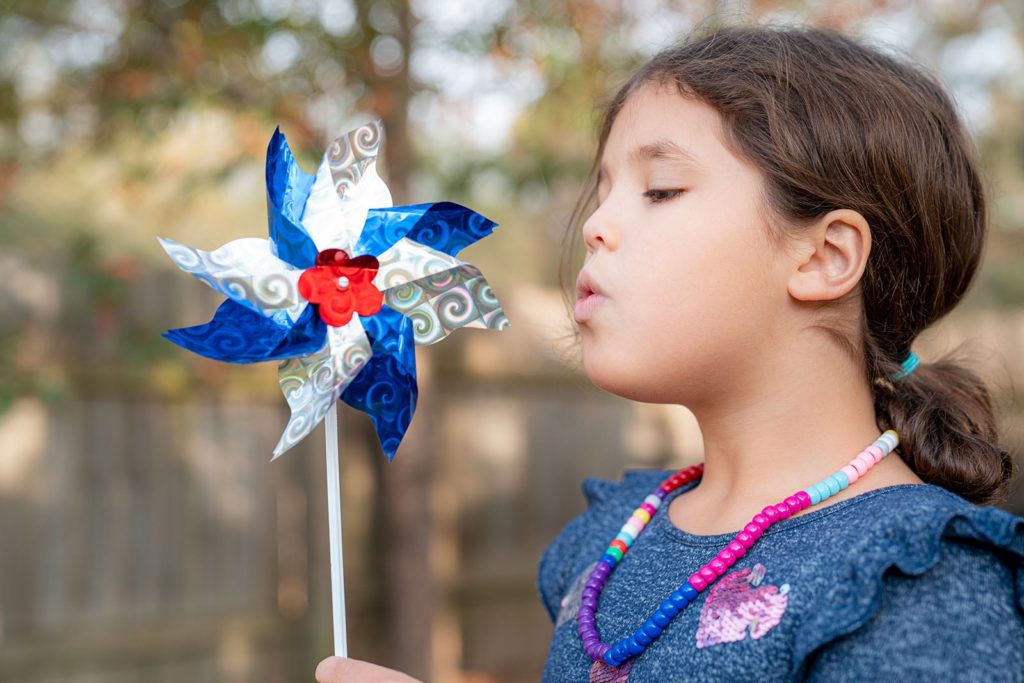Role Models for Youth in Foster Care
Growing up in foster care can be an isolating experience for many young people, particularly those who age out of care without a forever family. Without a support system, it can be challenging to navigate the complexities of adult life. However, having a positive role model can make a significant difference in the life of a foster youth.
Alex Lyons, a foster alumnus, spoke about his experience with a role model while he was still in foster care. “Being a kid who spent a significant amount of time in foster care, and aging out of care without a forever family, I was kind of on my own,” Lyons said. “And there was a gentleman at my church who was a part of our media ministry who… I was into technology and stuff, so we kind of clicked on that.”
For Lyons, not growing up with a dad made it challenging to form relationships with men. “I was very scared of kind of really having relationships with men, because I didn’t really have a barometer of what that even looks like,” he explained. However, the gentleman from his church became a surrogate father figure in his twenties.
“When I messed up with relationships, when I made bad financial decisions, when I needed somebody to just cry or vent or get frustrated at or curse out, like really he was a person who was able to kind of fill that fatherly role,” Lyons said. “He’s not my dad, he didn’t adopt me. He had adult children of his own that were around the same age. But he was able to kind of walk me through that and that relationship that I never really had growing up.”
The Impact of a Role Model
Having a role model can provide the guidance, support, and stability that foster youth need to succeed in life. It can be someone who offers a listening ear, a helping hand, and a source of encouragement. The impact of a role model can be life-changing, as it was for Lyons. “I don’t know where I’d be without him,” he said.
Fostering positive relationships between foster youth and role models is essential. It can provide a sense of belonging and offer guidance for navigating the complexities of adult life. Foster youth deserve to have supportive and caring individuals in their lives, and providing them with positive role models can make all the difference.

